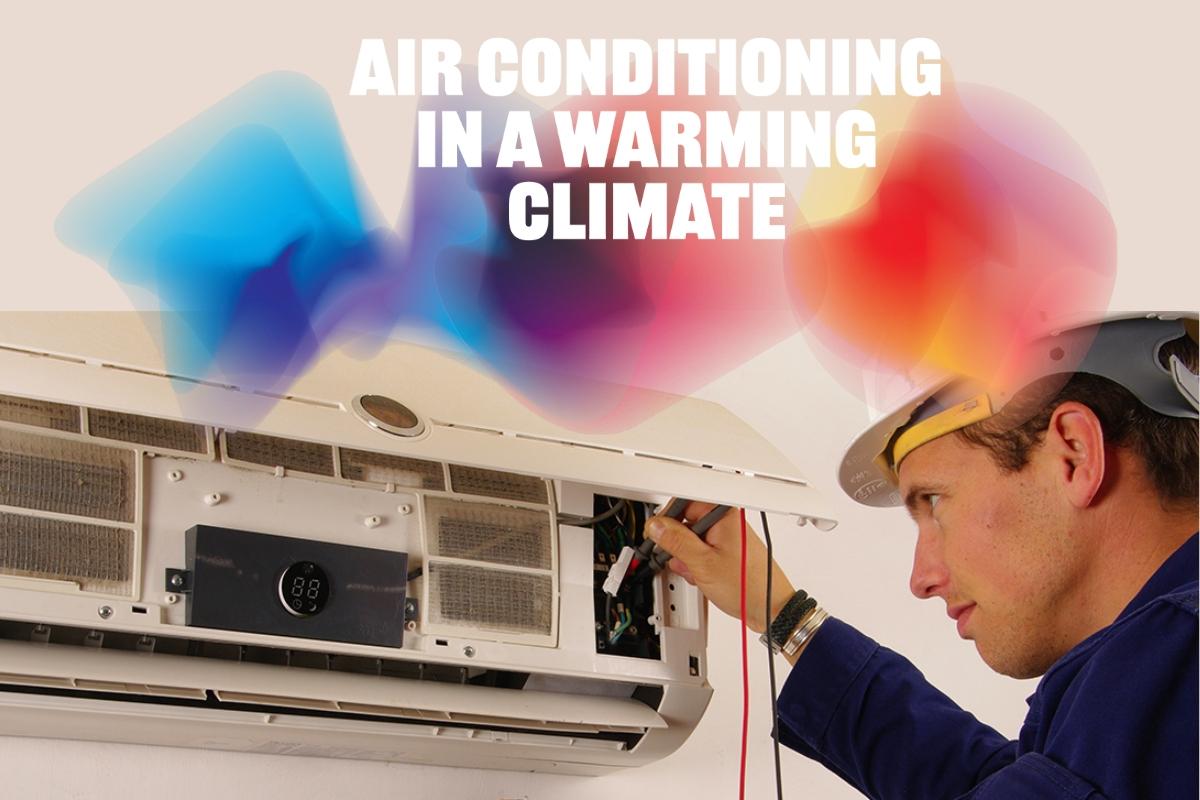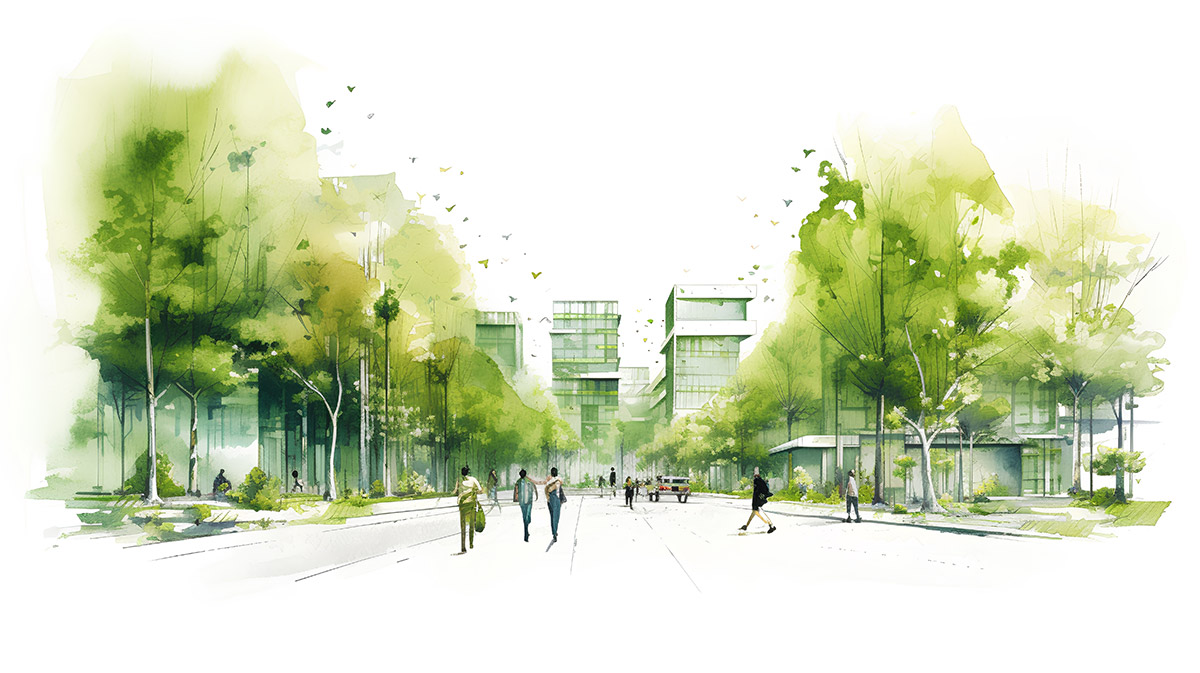
Air Conditioning is fast on the way to becoming indispensable.
And as a consequence your choice of air conditioning may be increasingly regulated in the future. Here is why.
Around the world today there's almost 2 billion air conditioners in use and in total that accounts for nearly 10% of global electricity demand...
Right now, two thirds of the air conditioning market in the world is concentrated in the US, Japan and China.
ABC Future Tense: Air conditioning: keeping us cool but making the planet hotter
The cost of running air conditioners
Apart from the issue of inequality, where some of the hottest countries have little air conditioning, there is the issue of varying air conditioning standards.
It's well known that many air conditioners are energy guzzlers that are filled with planet-warming refrigerants...
More efficient and effective air conditioners do exist. Next-generation technology can cool homes with dramatically lower electricity use, and can even remove humidity from the air more effectively using things like drying agents.
Washington Post: How air conditioners will have to change in the future
Governments around the world do not realise how much electricity will be used in the future due to air conditioning.
A lot of people take air conditioning for granted. They realize they could just press a button and be cool no matter how hot it gets. For billions of people in the world that just simply isn't true. Air conditioning is a basic factor of health.
As those countries become richer, as temperatures go up even more, air conditioning standards become very important.
Air conditioning units today are better engineered than in previous decades.
And what's really striking, if you look around the world, in every single market, the range of efficiencies differ greatly. If you go into a shop today and look at 10 air conditioners, literally some of them will be twice as efficient as others.
ABC Future Tense: Air conditioning: keeping us cool but making the planet hotter

Rethinking Architectual Design
The better insulated the walls are the better insulated the windows are, the more of the cold air we can keep inside and then the less money we waste.
The idea of rediscovering vernacular architecture is designing buildings in direct response to the local climate and taking into account local traditional building materials, the direction of wind patterns and even simple old fashioned ideas like shaded walkways and verandas
Dr Sandra Piesik - ABC Future Tense
We have to think about the market and the forces of the market. Glass towers and glass skyscrapers have enormous efficiency issues both in regulating heat and cold. However global trends often dictate the type of buildings constructed. Dr Sandra Piesik "the aspect of copying and pasting of architecture has been quite damaging".
In some cities on any given hot afternoon air conditioning might be half as much as the total electricity demand.
Minimum energy performance standards
As mentioned above air conditioners at your local store can vary in energy performance by a factor of 2.
The simplest and most effective way to make air conditioning more efficient is to put in minimum energy performance standards.
We can't rely on aircon innovations alone if we're serious about bringing down energy consumption levels. Recent research has focused on ways to reduce the need for air conditioning in the first place.
Environmental impact from air conditioning
Coolants hydrofluorocarbons, known as HFCs are currently used right around the world. HFCs were once seen in a very positive light. That perspective has changed in recent times.
HFCs, or hydrofluorocarbons, which, although a much lower in terms of their impact on the earth's climate system are still often powerful greenhouse gases. They're extremely bad for the environment, but they're much better than the gases they've replaced, and they are being phased out.
Australia has become one of the first 10 countries to ratify the Kigali Amendment to the Montreal Protocol, a major international agreement to reduce global production and use of hydrofluorocarbons (HFCs) which are highly potent synthetic greenhouse gases.
This early ratification cements the leading role Australia played in reaching this agreement, including as the co-chair of the negotiations which concluded in October 2016.
Australia commits to phase-down potent greenhouse gases
References and Sources
ABC Future Tense Sun 6 Aug 2023: Air conditioning: keeping us cool but making the planet hotter
https://www.abc.net.au/radionational/programs/futuretense/air-conditioning-keeping-us-cool-but-making-the-planet-hotter/102610312
Dr Sandra Piesik author of habitats, vernacular architecture for a changing planet
Washington Post: How air conditioners will have to change in the future
Been using Jeff and his team for over 12 years to look after our air conditioning. Had nothing but great service and workmanship in that time. Prices always seem reasonable and he was able to get us a great price on a new unit when replacement was required. Can't recommend enough. Thanks Jeff!
Nic Whitehead - Google Review Oct 26 2023 “








